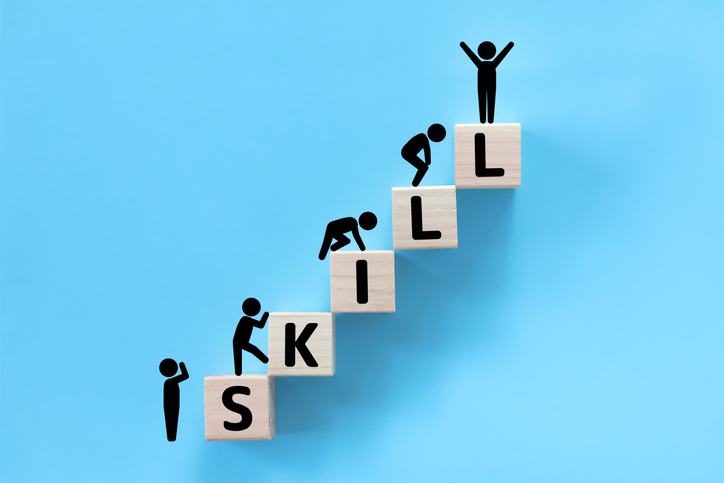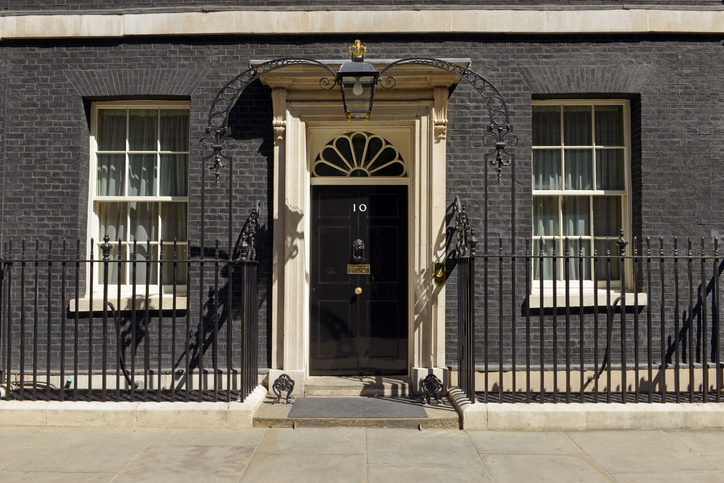Small businesses are essential for economic growth, but for the entrepreneurs running them it can be an all-consuming experience, not for the faint hearted. Out of hours emails, working weekends, dealing with a wide range of issues combined with an “always on” mindset, often leaves small business owners on the verge of burnout.
A recent American Express survey reveals most (88 per cent) small business leaders say work regularly interrupts their life outside of work with more than a quarter (27 per cent) reporting these interruptions happen every day.
It’s no wonder nearly half (49 per cent) of small business leaders feel they are burnt out.
>See also: Late payments do growing damage to business owners’ mental health
In today’s world, the importance of a good work-life balance is well recognised and arguably more important than ever given how widespread burnout is.
While as a leader you want to be accessible as and when your business and team needs you; as an individual, you want to spend time doing the things you love outside of work too to have a fulfilling life.
It can be a difficult balance to strike.
Burnout vs wellbeing
The pandemic has led to both personal and professional reflection. According to our research, seven in 10 (71 per cent) say the pandemic has changed the way they think about their professional and personal lives. The importance of this cannot be overstated with work-life imbalance acknowledged as counterproductive – 62 per cent of leaders agree they make more mistakes when they don’t prioritise downtime.
The struggle to separate work from home is also impacting personal wellbeing, with leaders sacrificing their mental health as they struggle to switch off from work.
For example, 46 per cent say they feel guilty about not spending enough time with family or friends due to work commitments.
However, business leaders do understand the importance of taking a break and are keen to flip this around, with 86 per cent saying regular time off from work is important for their wellbeing.
Pressing pause will have a positive effect, the research suggests, and result in better leaders and managers – and entrepreneurs are aware of this.
The survey shows respondents understand that a healthier work-life balance will lead to better mental wellbeing (48 per cent), improved mood (35 per cent) and stronger relationships with colleagues (30 per cent).
They also point to a multitude of professional benefits, such as greater energy and motivation, improved productivity and creativity, and overall, a better sense of what’s important for their business.
>See also: One third of freelancers say IR35 changes affecting their mental health
Avoiding burnout is important
So, the importance of balance to avoid burnout and the personal and professional benefits it can bring is clear – but how small business leaders want to spend their downtime also offers a fascinating insight.
- Almost six in 10 (58 per cent) say a “physical” break – meaning proper rest and relaxation – would be most valuable to them right now
- Almost a third (30 per cent) would like an “emotional” break from constantly needing to meet the needs of others (including customers, presumably)
- A quarter (25 per cent) are seeking a “sensory” break or digital detox, away from their phones, laptops and other devices
Our research found that while “time by myself” was the most popular choice when it came to enjoying their downtime, 40 per cent chose travel and experiencing new destinations and cultures as most important to them when it came to achieving balance, a fifth (20 per cent) focused on pampering and indulgence in activities such as spa trips, and about one in eight interested in learning a new skill such as a foreign language or musical instrument (13 per cent).
How to prioritise downtime
It’s clear that there is no one size fits all approach to improving work-life balance. Of course, the concept differs dependent on the individual and what they deem valuable to them.
For me, it’s about ensuring I log off early on Friday afternoons to hit the gym. Prioritising rest and relaxation at moments that suit both you and your business is critical. Our focus at American Express is on backing business leaders at work but also beyond with rewards that allow them to do more of the things they love.
With rising costs and ongoing supply chain challenges heaping greater pressure on businesses, leaders may be hesitant to take a break. But those who do strike the right balance seem best set to build improved relationships with their key stakeholders, tackle day-to-day challenges with greater energy and creativity, and ultimately run better businesses.
Stacey Sterbenz is general manager, global commercial services UK at American Express
More on wellbeing and mental health
3 ways to look after staff wellbeing during the coronavirus crisis





